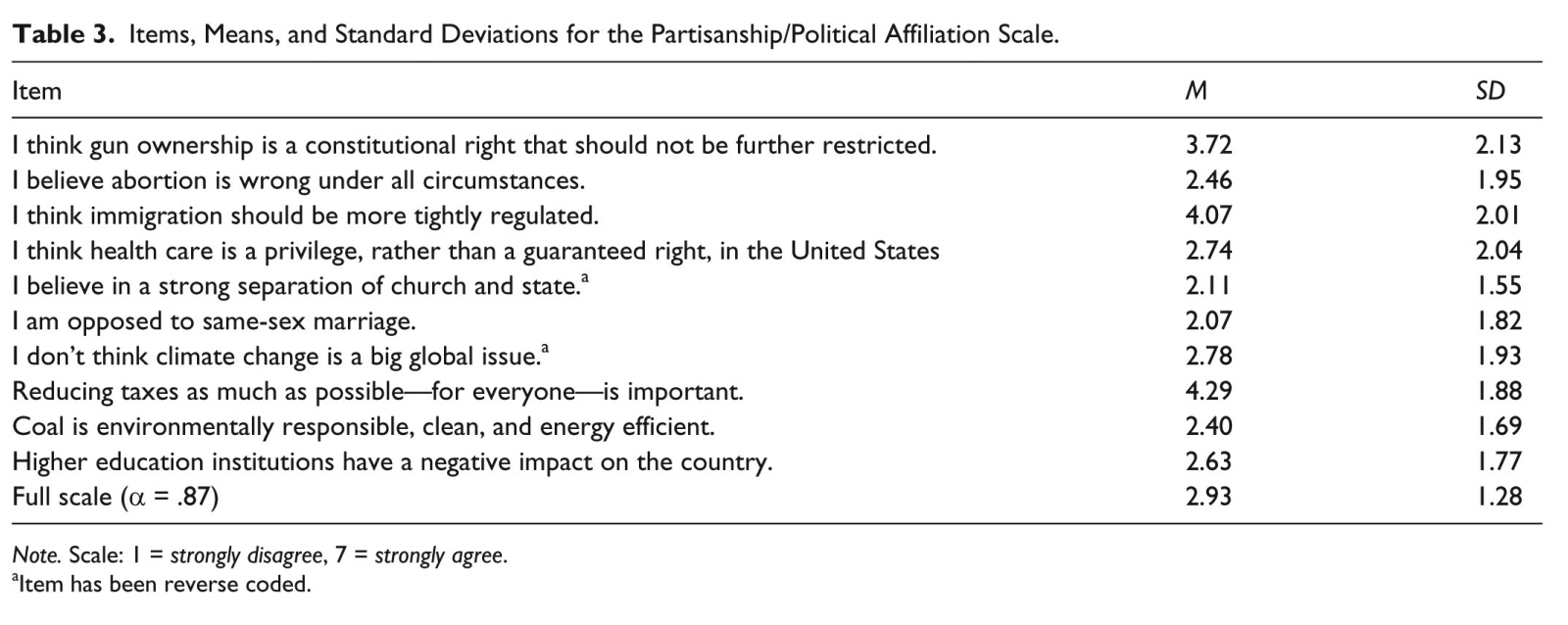
A new study suggests that consumers who actively take steps to diversify their news consumption — following accounts and news outlets that post a wide range of viewpoints, and interacting online with people who have different views from their own — feel less anxious about current events than people who don’t take such actions. Hunkering down in a self-created news echo chamber, however, does not seem to reduce anxiety. Democrats also report feeling more anxious about current events than Republicans, which isn’t surprising considering who’s in the White House.
The paper is “Factors motivating customization and echo chamber creation within digital news environments,” by Brooke Auxier and Jessica Vitak of the University of Maryland. Using Amazon’s Mechanical Turk, they surveyed 317 U.S. adults about their news consumption habits, categorizing whether they were “echo chamber builders” or “diversity seekers.” The echo chamber folks “find content providers (both people and news sources or other websites) they agree with and follow them; when they come across a person or source they disagree with, that content or user is removed.” The “diversity seekers,” meanwhile, “purposefully seek out a variety of perspectives in their content feeds. These users’ responses suggest they view social media as a way to expand their world view and engage with unlike others.”

The researchers also asked questions to ascertain the participants’ political leanings, and measured their levels of anxiety about current events.

What they found was that people who diversify their online news streams reported lower levels of anxiety about current events:
The relationship between the diversity seeker subscale…was statistically significant, while the relationship between the echo chamber builder subscale…was not statistically significant…In other words, participants who reported actively trying to diversify their online news streams by interacting with people and content espousing different points of view also reported lower levels of anxiety related to current events. However, there were no differences in anxiety between those more or less actively working to create an online environment where they would be surrounded by similar opinions and viewpoints to their own.
In some ways, this seems logical: If you are, for instance, a Democrat who follows primarily left-leaning online news sources, it’s pretty likely these days that your news feeds are freaking you out (climate change, abortion, Trump); adding in some moderate and right-leaning news sources could temper the anxiety by switching up the tone of the headlines (which is mostly what people are reading anyway) that come at you, or simply by covering other topics all together (and thus making your feed 50 percent less “Roe v. Wade is being overturned,” which may in turn reduce the amount of time you spend worrying about whether Roe v. Wade is going to be overturned.)
Obviously, though, following a broader range of news sources and people online doesn’t eliminate anxiety, and “Democrats report feeling significantly more anxiety when consuming news content than Republicans, while Independents’ attitudes are mixed.” This isn’t particularly surprising because this research was conducted in late 2017, when Republicans controlled the White House and both houses of Congress.
There are the usual limitations to this study: It was small, it was conducted via Mechanical Turk and isn’t representative of Americans as a whole. (Though Mechanical Turk workers are arguably more representative of the segment of the population tech-savvy enough to customize their news sources online.) Participants might not have recalled all the actions they take around online news content (though “we believe the way we structured questions to capture customization practices — by focusing on specific practices like muting, blocking, and creating lists — led to more accurate recall”). Self-reported behaviors are always subject to social desirability bias, especially around news consumption. (People often tell researchers they consume a more high-falutin’ brand of news than they actually do.) The researchers call for further study of the factors that lead people to customize the news they read, and of “the relationship between anxiety about current events and digital news customization.”
There’s also one big downer of a limitation, not mentioned in the paper: People who go out of their way to customize their online news sources, seeking a diverse range of voices, are not the norm. There are way more people who just turn on the TV to get a dose of news than who invest time in customizing the news sources showing up in their feeds. And as of the end of 2018, just 20 percent of Americans said they “often” get news on social media. And a whole lot of people just don’t consume much online news at all.
A host of well-meaning startups have come out with browser extensions or apps that will help people diversify the news they read — but the target audience for these products is teeny tiny. Diversification of online news sources may make certain subsets of people feel less anxious, but it’s not a broad-scale solution in part because it’s simply not a priority for the majority of the American public. For the anxiety-inclined among us, this thought is not comforting.